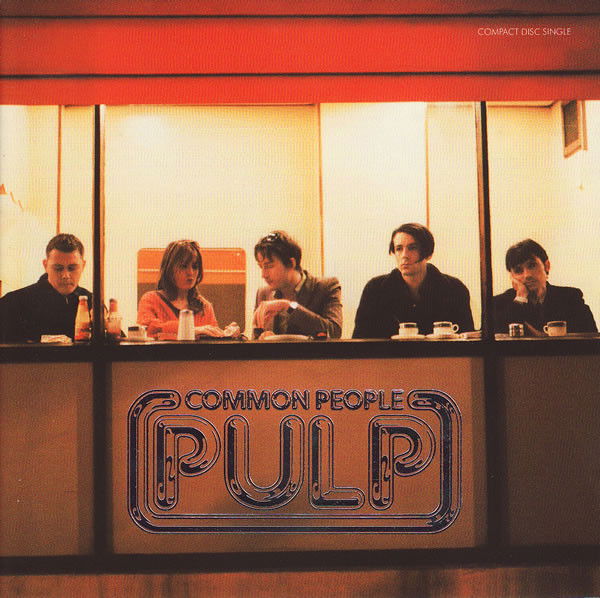Song Stories: Pulp: Common People
Few songs in British pop history capture the spirit of an era as powerfully as Pulp's Common People. Released in 1995 as part of the band's fifth studio album Different Class, this iconic track quickly became the defining anthem of Britpop. But "Common People" goes beyond being just a catchy tune. It taps into deep social commentary, portraying class tensions, alienation, and the complexities of youth culture with a wit and rawness that resonated with millions of music fans.
By 1995, the UK was emerging from years of political and economic turbulence. The policies of Margaret Thatcher's Conservative government had left deep divides, particularly among the working class, and Common People was a reaction to this climate. While other Britpop songs sometimes romanticized working-class life or offered vague homages to youth culture, Pulp’s Common People dug much deeper, skewering the superficiality and privilege that often surrounded discussions of class.
It’s a biting commentary on the naiveté and privilege of those who view working-class life as some sort of exotic experience, like a cultural playground they can dip into for fun. Written about Jarvis Cocker's conversation with a wealthy girl. . She longs to experience "slumming it" in the gritty streets of London, a sentiment that Cocker’s character sees as hollow and offensive. "You’ll never live like common people," he sings, because she’ll never face the actual struggles that define working-class life

The song’s brilliance lies in how it contrasts the thrill-seeking attitude of the girl with the harsh truth of working-class life. The everyday struggles of "common people" are not a lifestyle choice—they're a permanent state of being for many, where aspirations and dreams are often curbed by financial constraints. Cocker hammers home that the ability to dip in and out of poverty, as if it were an "authentic" experience, is a luxury in itself.
The song reached number 2 on the UK Singles Chart and helped cement Pulp’s place as one of the era’s defining bands. But beyond its chart success, Common People became a political anthem, frequently cited in debates about class and social justice. Its universal message—about the disconnect between the wealthy and the working class—continues to resonate, especially in an age of growing economic inequality.
In 2014, the song was voted the greatest Britpop anthem by listeners of BBC Radio 6 Music. And it’s no surprise why: even decades later, the track feels fresh and relevant. Its biting critique of class relations feels just as urgent today as it did in 1995. It was at the time an unbelievable piece of music and all of these years later. In my opinion it is the definitive Britpop song.
The song seems to sum up peoples fascination with the working class, and class tourism is a real thing. It’s still prevalent today. Pulp managed to summarise the British class system in a song. And to me that’s quite an extraordinary thing. I can only only name a few songs that have had such a cultural impact on British society. A truly amazing piece of music.